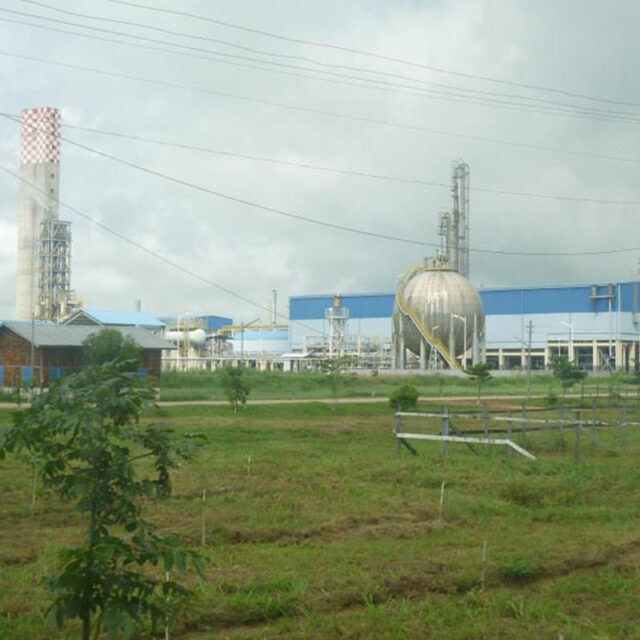By Dr Than Lwin Tun
Ministry of Health, Myanmar, laid down two objectives: to enable every citizen to attain full life expectancy and enjoy longevity of life and to ensure that every citizen is free from diseases.
The ways forward for the Department of Medical Services are retention of human capital in an all-inclusive approach, enhancing individual performance by time motion analysis, proper logistics and administrative support and enhancing the performance of the hospital by result-based management, patient safety and just-in-time response. To do that, hospital administrators have a crucial role in providing and managing those tasks.
Hospital management is the field of managing the administrative and operational aspects of healthcare facilities, such as hospitals, clinics, nursing homes, etc. Hospital management professionals are responsible for ensuring the quality of patient care, the efficiency of processes, the safety of staff and patients, the financial sustainability of the organization, and the satisfaction of stakeholders. Currently, the following key points are needed to be considered in hospital management;
Strategic Planning and Leadership:
Hospital management involves strategic planning, setting goals, and defining the hospital’s mission and vision. Effective leadership is crucial for managing healthcare facilities. Leaders guide the organization, make decisions, and ensure alignment with organizational objectives.
Financial Management:
Hospital administrators oversee financial operations, including budgeting, revenue management, cost control, and financial reporting. They allocate resources efficiently to provide quality care while maintaining financial stability.
Human Resources Management:
Managing hospital staff is essential. This includes recruitment, training, performance evaluation, and addressing personnel issues. Administrators ensure adequate staffing levels and a positive work environment.
Quality Improvement and Patient Safety:
Hospital managers focus on quality improvement initiatives to enhance patient outcomes. They implement evidence-based practices, monitor performance metrics, and address safety concerns.
Patient Experience and Satisfaction:
Hospital managers focus on improving the patient experience by addressing communication, responsiveness, and comfort. Patient satisfaction impacts reputation and overall success.
Facility Management and Infrastructure:
Administrators oversee hospital facilities, maintenance, and infrastructure. They ensure compliance with safety regulations, manage equipment, and plan for future expansions.
Hospital waste Management:
Hospital administrators constantly monitor and check for hospital waste management, including environmental cleaning.
Infection Prevention and Control:
It is also essential for patient safety and quality care of patients.
Health Information Systems and Technology:
Hospital management involves implementing and maintaining health information systems (HIS) and health records. Administrators ensure data security, interoperability, and efficient use of technology.
Community Engagement and Outreach:
Hospital management involves engaging with the local community, building partnerships, and promoting health awareness. Administrators participate in community events and collaborate with other organizations.
Emergency Preparedness and Disaster Management:
Administrators develop and implement emergency plans to handle crises, natural disasters, and pandemics. Preparedness ensures a coordinated response to protect patients and staff.
Legal and Regulatory Compliance:
Administrators navigate complex healthcare regulations, accreditation standards, and legal requirements. Compliance with laws and policies is essential to avoid penalties and maintain ethical practices.
Hospital management relies on data to improve patient care, monitor performance, identify problems, and implement solutions. It involves promoting from within, creating a culture of engagement, and investing in technology solutions to enhance the capabilities and motivation of staff. It also entails managing the resources, such as human, physical, financial, and information resources, and optimizing the utilization and allocation of these assets.
Generally, hospital management aims to improve the quality of services, reduce costs, increase accessibility, and meet the expectations of patients and other stakeholders. Moreover, effective hospital management requires a multidisciplinary approach, collaboration, and adaptability to changing healthcare landscapes.















